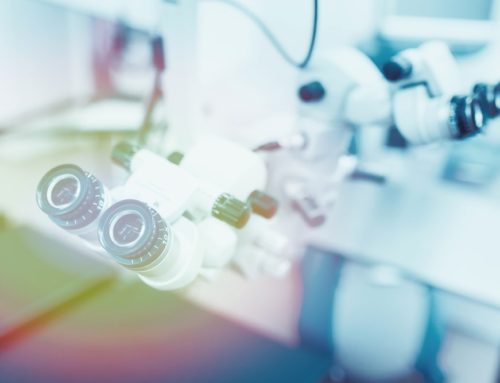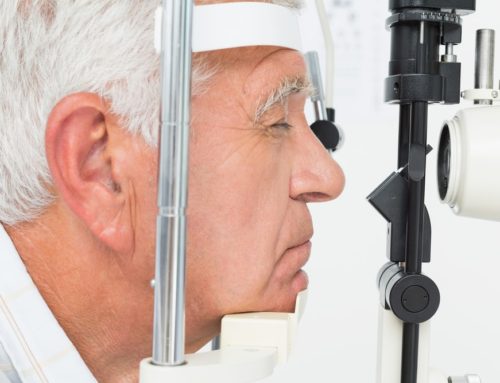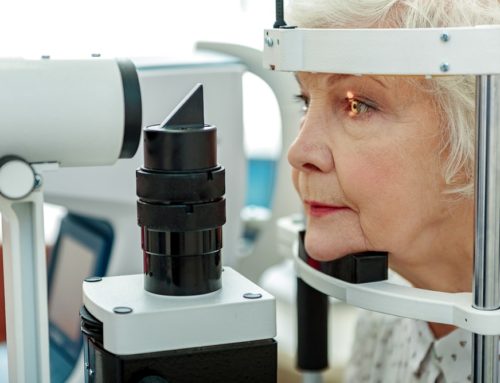Symptoms of high eye pressure
I regularly get asked this by patients. How can you tell if your eye pressure is high? The answer is that you can’t.
The vast majority of people with raised eye pressures have no symptoms whatsoever. Eye pressure is like blood pressure in this regard. Unless the rise is very rapid you won’t know that your eye pressure is dangerously high. The only way to know that the eye pressure is elevated is to have it properly checked by an ophthalmologist or a trained optician. There are different ways of measuring eye pressures. The most common method of measurement when visiting the optician is an air puff technique. This is a good screening method of pressure testing.
The most accurate way of testing the pressure is with Goldman applanation tonometry and this is what glaucoma specialists use in the clinic. Orange fluorescein dye drops mixed with local anaesthetic are dropped onto the eyes. A special cobalt blue light source is then used to illuminate a probe that comes very close to your eye. The blue light fluoresces the dye and allows me to take an accurate pressure reading. It doesn’t hurt and many people prefer it to the air puff test.
Only then will you know if the pressure is normal or not. It is very important to have your eye pressures tested once a year if you are over the age of 40 or if you have a family history of glaucoma. Glaucoma is known as the silent thief of sight. You will not know the eye pressures is too high for your eyes until significant and irreversible damage has been done to your vision. However, if we pick up the pressure problem early and treat appropriately most people maintain good vision. Please don’t lose your sight unnecessarily.
Have your eye pressure checked, today.
More about Laura Crawley
Ms Laura Crawley is a Consultant Ophthalmologist at Clinica London, Imperial College Western Eye Hospital, and The London Clinic. Her special expertise is in treating glaucoma patients as well as patients with glaucoma and cataracts. She has a lot of experience in treating glaucoma and has published extensively in scientific journals and on medical education. She still does a lot of emergency operations at the emergency department at the Charing Cross and Western Eye Hospitals for the NHS. At Clinica London, she is responsible for glaucoma patients and glaucoma patients with cataracts. She also sees patients with general eye problems.








Leave A Comment